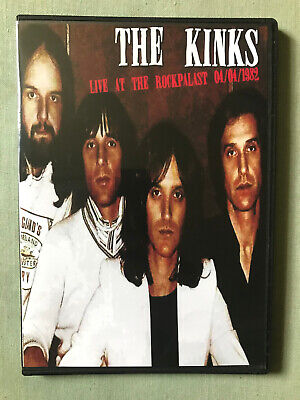Introduction to Lola by The Kinks
Unleashing a unique blend of rock and storytelling, "Lola" by The Kinks is a ground-breaking piece from the 1970s that has stood the test of time. This song is an iconic track that delves into themes of identity, love, and ambiguity, all under the umbrella of catchy, captivating music.
Cultural Impact and Historical Context
Released in June 1970, "Lola" rapidly climbed the charts, securing a spot in music history and leaving a lasting cultural impact. This track played a significant role in propelling The Kinks into the international spotlight. The song’s bold narrative, which explores themes of gender and identity, was groundbreaking for its time. Its audacious lyrics echoed the shifting societal norms of the 1970s, making it an anthem for change and acceptance.
Interesting Fact and Cover Versions
One intriguing fact about "Lola" is that it was one of the first popular songs to openly address a transgender subject, reflecting the countercultural revolution of the 1970s. The track has been covered by numerous artists over the years, each adding their unique touch to the timeless piece. Cover versions range from the punk rock rendition by The Raincoats to a more recent interpretation by Robbie Williams, demonstrating the song’s enduring appeal and versatility.
Why Lola is Still Relevant Today
Despite being a 1970s song, "Lola" continues to resonate with modern audiences. Its lyrical depth, coupled with The Kinks' musical prowess, makes it a timeless classic. This piece's cultural significance, especially in terms of gender and identity discussions, is more relevant now than ever, reflecting ongoing societal dialogues. The track's enduring popularity is a testament to its universal appeal and the timeless relevance of its themes.




Comments (0)